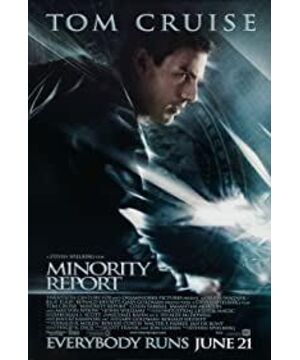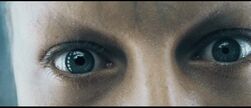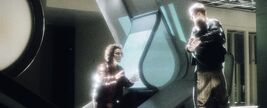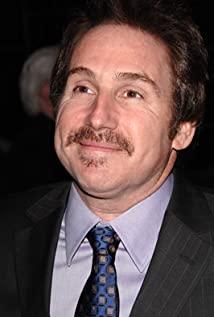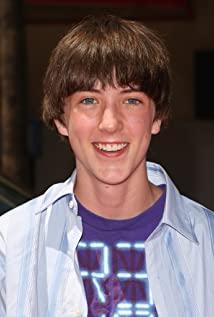"Minority Report" is from 2002, and "Xenoggression" is from 2019. There is a lot of repetition in the plot and setting of the two. After reading it, I really feel that the two are very similar, which has affected my perception to a considerable extent.
The background of the film is set in the future, and the children of drug addicts have the ability to predict future homicides, and are regarded as prophets and set up institutions. Precognition of crime is a legal issue. I have no detailed knowledge in this regard, and the film does not analyze precognized crimes from a legal point of view, but from a moral point of view. Why were they arrested for no actual crime? Must a prophet be infallible? But the film did not stop at the discussion of this issue, but avoided the important and let the prophet be "wrong". "Machine and system are perfect, but human beings are flawed. John started taking drugs because of the loss of his son, and Rama did anything to achieve his goals. Because of these flaws, things started to go wrong. At the end of the film, because human beings cannot master such dangerous power and predict crime The plan was abandoned, and the foreknowledge of whether crime existed and whether it should have existed was buried under the happy ending.
But I thought about it, you still have a choice" This line appeared twice in the film, once was said by the prophetess to John, after that John remained rational and had no impulse, but the future seemed to have been set and could not be changed, he still The other person was killed by mistake. The second time, it was John who said to Rama that the prophet predicted that John would be shot by Rama, but Rama committed suicide, and the future changed. "You still have a choice" is the reason for the future change, yes The power to change the future. If the perpetrator has a choice before committing the crime, will he not choose to commit the crime? In the end, the reason why Rama committed suicide is predicted to be abandoned. Is it also what the film wants to convey? If you choose, then you won't commit a crime. Instead of arresting people constantly by predicting crimes, it is better to give people a choice. Why, there is such warmth in science fiction, it seems that I want to take back what I said before, and the director has already answered it , predicting that crime should not exist.
The film critics said that the movie has bugs. I thought about it carefully. The behavior of the behind-the-scenes boss Rama to hire a murderer should be a premeditated murder, and it should appear in the prophet's foreknowledge, which made me think of what color the hired killer will appear. ball? Not the impulsive red, nor the premeditated brown, is it the black that is not mentioned in the film (since it is not mentioned, of course I don't know, it is purely made up). At the time, I thought this paragraph was very strange. I felt forced to explain and reverse it. If it was a bug, then the explanation made sense. And when John took the prophetess to avoid the pursuit of his former colleagues in the playground, the prophet showed us an operation to predict the future and avoid danger (she came to China to be a fortune-teller), but only mentioned above that prophets can dream of the future The murder case, can you see the future when you are sober? Then dream of a murder case, and enshrining it as the prophet Colombia will directly unify the world.
View more about Minority Report reviews


